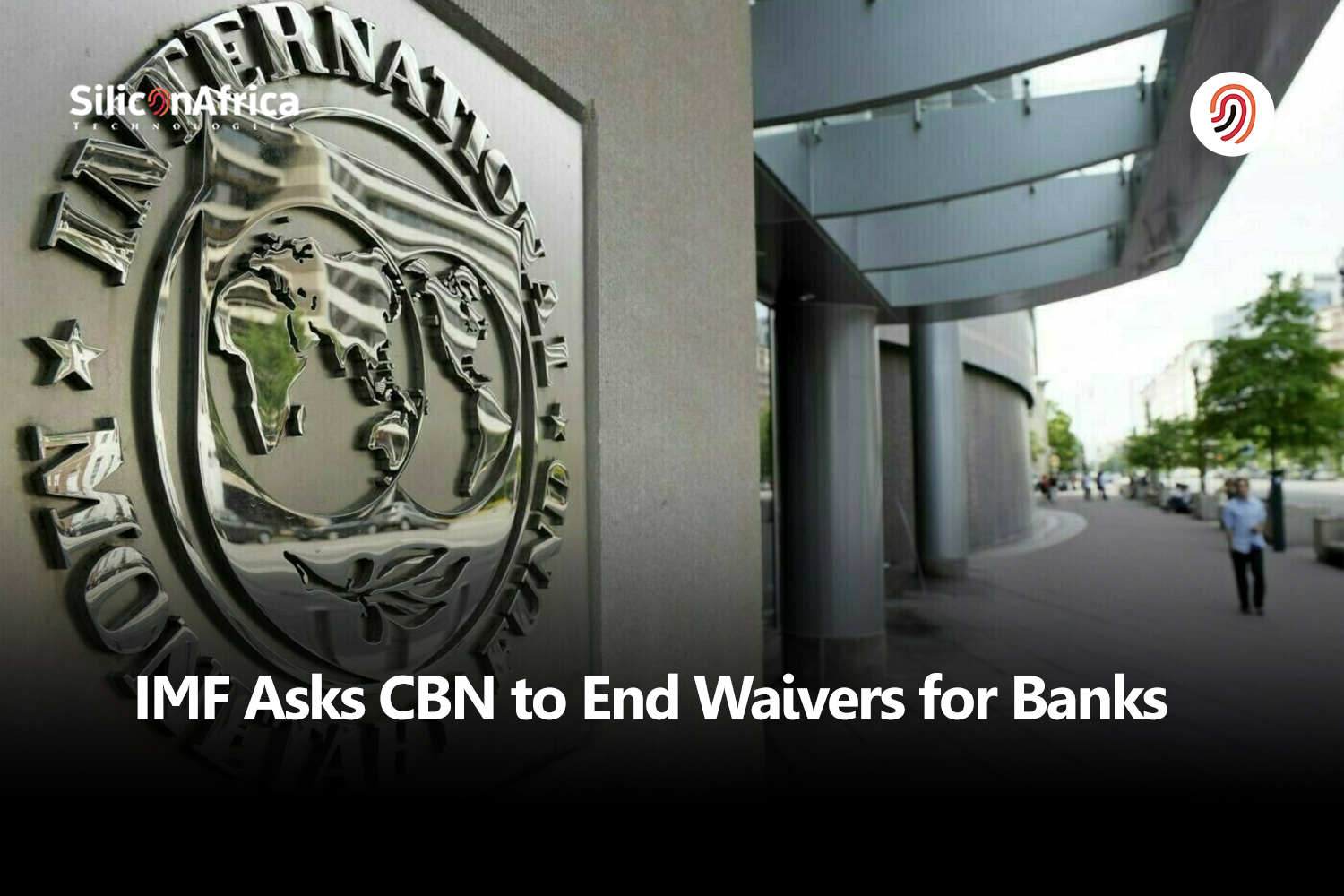Physical Address
60 Ekwema Cres, Layout 460281, Imo
Physical Address
60 Ekwema Cres, Layout 460281, Imo

In a bold move that underscores its commitment to monetary discipline, the International Monetary Fund (IMF) has asked the Central Bank of Nigeria (CBN) to stop waivers for banks.
The directive comes as part of a wider strategy to make financial institutions in Nigeria more transparent and accountable.

The IMF’s recommendation is based on a comprehensive review of the Nigerian banking sector.
The report revealed that IMF asks CBN to stop waivers for banks to ensure a level playing field and remove any unfair advantages.
By stopping these waivers, the IMF believes that the CBN will strengthen the banking sector’s resilience to economic shocks.
The stoppage of waivers is expected to have a significant impact on the operations of banks.
Banks have been beneficiaries of various exemptions, particularly with regards to regulatory requirements.
The IMF’s position is clear: IMF asks CBN to stop waivers for banks to ensure that all financial institutions abide by the same set of rules and regulations, and promote a fair competitive environment.
The CBN has accepted the IMF’s recommendations and is currently in the process of implementing these changes.
The plan includes a timeline for the gradual phasing out of waivers and the establishment of a robust system for monitoring compliance.
The CBN’s proactive approach shows its consistency with the IMF’s vision of a more disciplined banking sector.
Read More: Nigerian Banks Stop Collection of Deposit Processing Fees
Economists predict that the elimination of waivers will lead to to better resource allocation in the banking sector.
It is anticipated that the IMF asking CBN to stop waivers for banks will result in enhanced credit distribution, fostering economic growth and stability.
Additionally, the move is expected to boost investor confidence in the Nigerian financial markets.
The IMF’s call for the CBN to end waivers for banks is an important step towards sustainable economic growth in Nigeria.
By advocating for equal treatment of all banking institutions, the IMF is contributing to a future in which financial practices are transparent, equitable, and promotes long-term growth.
As the CBN begins to implement these changes, the Nigerian economy will face a new era of financial integrity and prosperity.
Was this information useful? Drop a nice comment below. You can also check out other useful contents by following us on X/Twitter @siliconafritech, Instagram @ Siliconafricatech, or Facebook @ Silicon Africa.